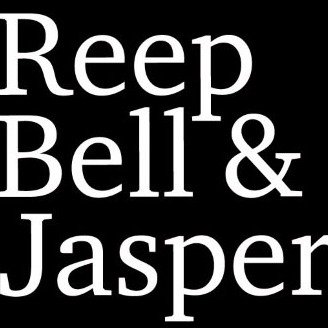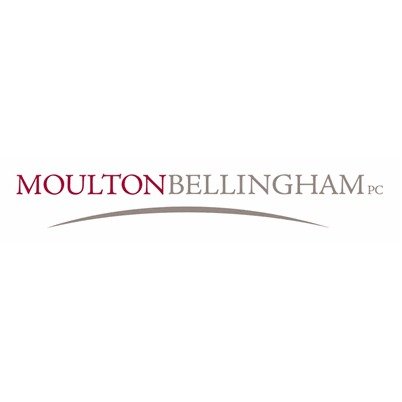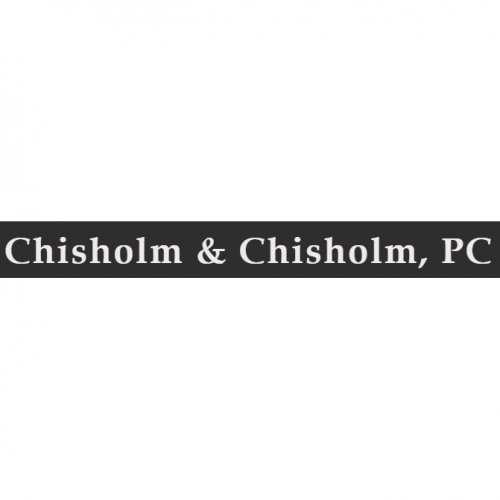Best FDA Law Lawyers in Montana
Share your needs with us, get contacted by law firms.
Free. Takes 2 min.
Or refine your search by selecting a city:
List of the best lawyers in Montana, United States
About FDA Law in Montana, United States
FDA Law refers to the body of federal regulations and statutes enforced by the United States Food and Drug Administration (FDA) that govern the safety, labeling, marketing, and distribution of food, drugs, medical devices, cosmetics, tobacco products, and more. In Montana, as in all states, these national standards are overlaid by state-specific laws and regulations. Companies and individuals based in Montana who manufacture, distribute, or sell FDA-regulated products are subject to both federal rules and any applicable state laws, making compliance a complex process. Understanding FDA Law is crucial for businesses operating in the health, food, agricultural, and pharmaceutical sectors within Montana.
Why You May Need a Lawyer
There are multiple situations where a person or business in Montana might require legal help regarding FDA Law. Some of the most common include:
- Navigating the FDA approval process for new drugs, devices, or food products
- Ensuring product labeling meets both federal and Montana-specific requirements
- Responding to FDA inspections, warning letters, or enforcement actions
- Understanding and complying with recall procedures
- Representing companies in disputes or litigation involving FDA-regulated products
- Advising on advertising and promotional practices to avoid misleading claims
- Protecting intellectual property and trade secrets while remaining FDA compliant
- Addressing import and export issues for FDA-regulated goods
- Ensuring food safety compliance for local producers and processors in Montana
- Advising small businesses and startups entering the regulatory landscape
Local Laws Overview
While FDA regulations are federal, Montana has additional state laws and agencies that impact FDA-regulated products and activities. The Montana Department of Public Health and Human Services (DPHHS) oversees activities related to food safety, health facilities, and pharmaceutical practices. The Montana Board of Pharmacy regulates pharmacy operations and professionals. There are also state-specific rules governing hemp, cannabis, and certain agricultural commodities, especially for labeling and safety.
Key aspects relevant for businesses and individuals in Montana include:
- Montana’s licensing requirements for manufacturers, processors, and distributors of food, drugs, and medical devices
- State-level inspections and enforcement in addition to federal oversight
- Specific state laws regarding the sale of CBD, medical marijuana, and related products
- Provisions for the sale and marketing of raw milk and other agricultural goods
- Health code requirements that may differ or add to federal standards
Frequently Asked Questions
What types of products does the FDA regulate in Montana?
In Montana, just as in other states, the FDA regulates food, dietary supplements, over-the-counter and prescription drugs, medical devices, cosmetics, tobacco products, and certain veterinary products. Businesses and individuals dealing with these products must meet both federal FDA standards and applicable Montana regulations.
Do I need FDA approval for my new food or beverage product in Montana?
Generally, most traditional foods do not require pre-market FDA approval, but must comply with safety, facility registration, and labeling requirements. Certain products, like food additives, dietary supplements, or beverages making health claims, may trigger more scrutiny or approval. Montana state authorities may also require additional licenses or inspections.
What happens if my business receives an FDA warning letter?
An FDA warning letter indicates alleged violations of federal law. You should take it seriously, respond promptly in writing, and take corrective action as recommended. Legal counsel can help you draft a response, negotiate terms, and ensure compliance to minimize enforcement actions.
How are drug approvals different in Montana vs. other states?
FDA approval for drugs is a federal process and requirements are uniform nationwide. However, practicing pharmacy, dispensing drugs, and certain state Medicaid formularies are governed by Montana laws and regulations in addition to FDA rules.
Do Montana food producers have unique obligations compared to other states?
Montana may have additional requirements for food safety, local licensing, and inspections through agencies like the DPHHS. This is especially true for dairy, livestock, raw milk, and cottage food producers. Producers should ensure compliance with both state and FDA standards.
Are there special FDA rules for CBD, hemp, or marijuana products in Montana?
Yes, the FDA prohibits adding CBD to food or dietary supplements, though it allows certain approved drugs. Montana has legalized some uses of marijuana and hemp, but production, processing, and marketing remain regulated by both state and federal authorities. Retailers must comply with state licensing and labeling rules, as well as any relevant FDA restrictions.
Can an individual be held liable for FDA violations in Montana?
Both individuals and businesses can be held liable for violations of FDA laws. Penalties can include fines, product seizures, injunctions, or criminal prosecution for willful violations. It is important to consult with a knowledgeable attorney if you or your business are under investigation or facing enforcement actions.
How can I verify whether my manufacturer or supplier is FDA compliant?
You can check the FDA’s public databases for facility registrations, warning letters, and recalls. However, thorough due diligence, contract terms, and supplier audits are recommended. An FDA law attorney can assist in vetting suppliers and drafting agreements to protect your business.
What should I do if I suspect my product is linked to a health issue?
Immediately assess the situation, consider voluntary recall procedures, and report the event to the FDA and Montana authorities. Legal counsel should be engaged to help you evaluate liability, notify consumers, and respond to regulatory inquiries.
Do I need a lawyer for FDA compliance in Montana?
While not always mandatory, having a lawyer with FDA law experience is highly recommended to interpret complex regulations, reduce risk, represent your interests before agencies, and defend against enforcement actions or litigation in Montana.
Additional Resources
Here are some helpful resources and organizations for FDA Law in Montana:
- United States Food and Drug Administration (FDA): Provider of federal regulations, compliance guidance, and warning letters
- Montana Department of Public Health and Human Services (DPHHS): Oversight of food safety, health facilities, and certain product regulations in Montana
- Montana Board of Pharmacy: Licensing and regulation of pharmacies and pharmacists
- USDA Montana Office: For agricultural commodities subject to both USDA and FDA oversight
- Montana Department of Agriculture: State regulations on food production and processing
- FDA Small Business & Industry Assistance: Help for businesses navigating FDA regulations
- Montana Legal Services Association: Legal help and referrals in Montana
- Professional law firms specializing in FDA and regulatory compliance
Next Steps
If you need legal assistance with FDA Law issues in Montana, consider the following steps:
- Identify your specific legal concern, such as product approval, labeling, inspections, or enforcement actions
- Gather relevant documentation, such as product data, correspondence with regulators, and business records
- Consult with an attorney who has experience in FDA Law and Montana regulatory matters
- Ask about their experience with similar issues, fee structures, and the likely process ahead
- Take proactive steps to address any compliance gaps while your legal issue is being reviewed
- Stay updated on federal and Montana law developments that might impact your business
Lawzana helps you find the best lawyers and law firms in Montana through a curated and pre-screened list of qualified legal professionals. Our platform offers rankings and detailed profiles of attorneys and law firms, allowing you to compare based on practice areas, including FDA Law, experience, and client feedback.
Each profile includes a description of the firm's areas of practice, client reviews, team members and partners, year of establishment, spoken languages, office locations, contact information, social media presence, and any published articles or resources. Most firms on our platform speak English and are experienced in both local and international legal matters.
Get a quote from top-rated law firms in Montana, United States — quickly, securely, and without unnecessary hassle.
Disclaimer:
The information provided on this page is for general informational purposes only and does not constitute legal advice. While we strive to ensure the accuracy and relevance of the content, legal information may change over time, and interpretations of the law can vary. You should always consult with a qualified legal professional for advice specific to your situation.
We disclaim all liability for actions taken or not taken based on the content of this page. If you believe any information is incorrect or outdated, please contact us, and we will review and update it where appropriate.
Browse fda law law firms by city in Montana
Refine your search by selecting a city.














